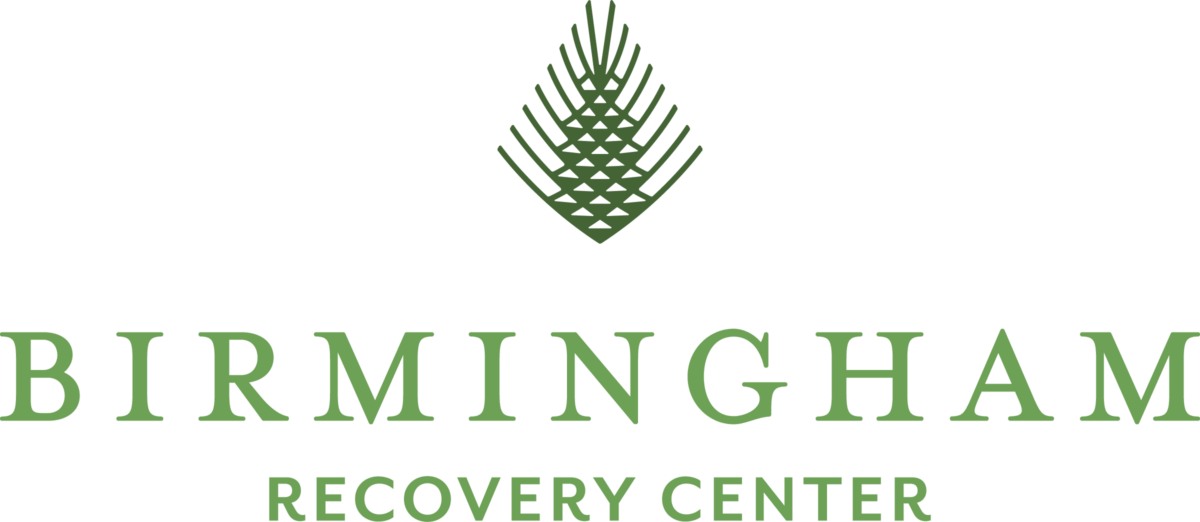Alcoholism is often referred to as a family disease. One reason for this reference is that when a person develops alcohol use disorder (which is the clinical term for alcohol addiction), their struggles are likely to impact their closest loved ones. The family aspect of alcoholism extends to treatment and recovery, too. Spouses, partners, and children can be essential sources of support during and after a person’s time in rehab. Before someone gets professional help, though, it can be a particularly difficult time for their loved ones. If one of the most important people in your life began to struggle with alcoholism, would you know what to do? Here are a few tips about how to help an alcoholic spouse or partner.
Educate Yourself on How to Help an Alcoholic Spouse
To learn how to help an alcoholic spouse or partner, it’s important to understand as much as you can about the challenge they’re facing. In the case of alcohol addiction, some fundamental research can provide you with vital insights into what your spouse or partner is going through. It can also prevent you from being misled by the many myths that unfortunately persist about this complex disorder.
Addiction to alcohol or any other drug is not a moral failure or evidence of poor character. Substance use disorders are chronic, progressive diseases. They are also, thankfully, treatable conditions. You can learn more about alcoholism and treatment options here on our website. The National Institute on Alcohol Abuse and Alcoholism (NIAAA) is another excellent source of accurate information.
Talk to Your Spouse About Their Alcoholism
Talking to your spouse or partner about their alcohol use may not be easy, but it is essential. Here are a few key points to keep in mind when you’re having this discussion:
- Be sure to leave no doubt in your spouse’s mind that you love them and you want to help them. Alcoholism can have an isolating impact on people. Never forget that you and your spouse are on the same side of this effort.
- Try to prevent the conversation from descending into an argument. Understand ahead of time that your spouse may respond negatively. Remember that alcohol addiction is a mental health disorder that can rob people of their ability to control their thoughts, emotions, and behaviors.
- Ask your spouse about what they’re feeling and how you can help. Most importantly, listen to their responses. Addiction impacts different people in different ways. The more you know about your spouse’s specific needs, the better prepared you will be to offer meaningful support.
- Plan to have several conversations. It’s unlikely that one discussion will immediately put a person on the path toward recovery. Keep the lines of communication open, reiterate your love and support, and prepare to address this topic again.
The way your spouse or partner responds to your initial efforts can guide your future actions. If they acknowledge that they have a problem, you can begin to work together toward finding the right type of help. If they are in denial, or if they refuse to admit that there’s anything wrong, you will need to take appropriate action to keep them safe while you continue to seek an appropriate solution.
Explore Treatment Options for Alcoholism in Birmingham, AL
In addition to educating yourself about alcohol addiction, you will also want to explore potential treatment options. Depending on your spouse’s current attitude toward treatment, you may do this together or on your own. Treatment for alcohol addiction can take many forms. For example, at Birmingham Recovery Center, people who have been struggling with alcoholism may receive treatment in the following programs:
- Detoxification
- Partial hospitalization program (PHP)
- Intensive outpatient program (PHP)
- Outpatient rehab
There is no single perfect type of treatment for addiction. What’s most important is finding the provider whose services align most closely with your spouse’s history, needs, and preferences.
Get Help for Yourself
When you’re trying to learn how to support an alcoholic spouse, you may be hesitant to talk about this problem with friends or family members. It’s understandable that you don’t want to share sensitive information about your spouse, but you need to be sure you’re not isolating yourself from essential sources of support.
If you can confide in at least one close friend or trusted family member, this person may be able to provide valuable advice or at least offer an alternative perspective. Depending on the nature of your relationship with this person, they may also be able to help you keep your spouse safe while you try to find the right treatment option for them.
You should also consider seeing a counselor, therapist, or other professional yourself. This person can help you process your experiences and develop healthy strategies for managing the stress of caring for an alcoholic spouse. Remember: You can’t provide the best support to your partner if you are neglecting your own mental health.
Find Alcohol Addiction Treatment in Birmingham, AL
Birmingham Recovery Center offers personalized alcohol rehab for adults who have become addicted to alcohol and other drugs. Our treatment center in Birmingham, Alabama, is a safe and welcoming place where clients and their loved ones can receive customized support from a team of dedicated caregivers. If your spouse or partner needs professional treatment for alcoholism, our team can help. Give us a call or visit our admissions page today to get started.

